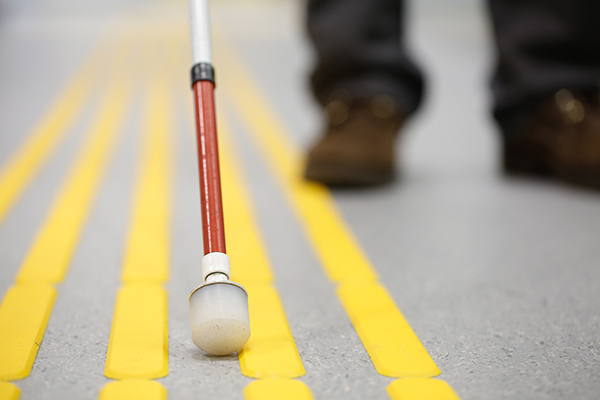Latest News Archive
Please select Category, Year, and then Month to display items
24 July 2024
|
Story Lacea Loader
![]()
The University of the Free State (UFS) is co-hosting the Global Social Innovation Indaba together with Social Innovation Exchange (SIX) on its Bloemfontein Campus from 30 September to 2 October 2024. This event brings together people from different sectors all over the world to discuss how to accelerate and support people-powered
change and create a better society for generations to come.
The UFS is excited to collaborate with SIX, as its vision and values overlap. During this three-day indaba, aspects such as – what it takes to build accountable, inclusive, and participatory institutions, specifically the future role of universities in South Africa – will be discussed. Themes to be explored include young people as drivers of change, post-industrial transitions and community resilience, the role of art, social change and bridging divides, and systemic approaches to dealing with unemployment.
Some of the speakers and participants in the programme include Carla Duprat from ICE (Brazil); Cheryl Jacob from ESquared Investments (South Africa); François Bonnici from the Schwab Foundation for Social Entrepreneurship (Switzerland); Sir Geoff Mulgan from the University College London (UCL) in the United Kingdom; and Dr Narissa Ramdhani from the Ifa Lethu Foundation (South Africa).
The UFS will also use the opportunity to showcase its campus and offerings to attendees, focusing on its transformation story and some of the interdisciplinary forward-thinking programmes. Guests will also be treated to true South African hospitality, laying the foundation for strong relationships and collaboration.
SIX believes in the transformative power of people working together. Exchanges based on mutual value and reciprocity are the missing link in tackling the world’s problems. As a friendly, expert entry point to global social innovation, their work connects organisations, sectors, communities, and nations to build capabilities and create opportunities for collaboration.
Tactile paving assists visually impaired
2017-10-28

Tactile paving is being installed at pedestrian crossings to assist
visually-impaired persons at the UFS.
Photo: Supplied
Crossing roads and accessing buildings has always been a challenge for people with visual impairments. They had to rely on peripheral sounds, such as car brakes and cues. However, after the installation of tactile paving – paving with special textures assisting the visually impaired to feel the difference between walking around on campus and crossing the road, this will no longer be a problem at the University of the Free State (UFS).
This is one of several developments that University Estates’ Department of Facilities Planning has in the pipeline for 2017 in order to ensure that the university attains its key component in providing a high-quality student experience.
Maureen Khati, Assistant Director of Project Management: Facilities Planning, says, “We saw the need to install these paving blocks in strategic spaces, as identified by the Center for Universal Access and Disability Support (CUADS).” She says these blocks will make it easier for people with visual impairments.
Special features designed to aid visually-impaired persons
These installations have special features that will assist those students and employees with limited vision or blindness to navigate through pedestrian crossings and the different campus buildings. The university chose a unique design of tactile paving that focuses on warning and directing those with visual impairments.
UFS eager to improve accessibility and mobility
The university, and all the stakeholders involved in this initiative, are delighted to be embarking on this project and are looking forward to its successful execution. To improve accessibility and mobility, more accessible entrances and exits will be built, effective signage will be installed inside and outside buildings, but the most important aspect is that dedicated seating space will be made available in lecture rooms for special-needs students.
Khati says, “More focus has been put on installing ramps in all buildings to make them more accessible for people with disabilities, as well as other needs required to enhance accessibility at the UFS.”
For the UFS, this initiative is one of many to come, as extensive research is being done and priorities are implemented accordingly.